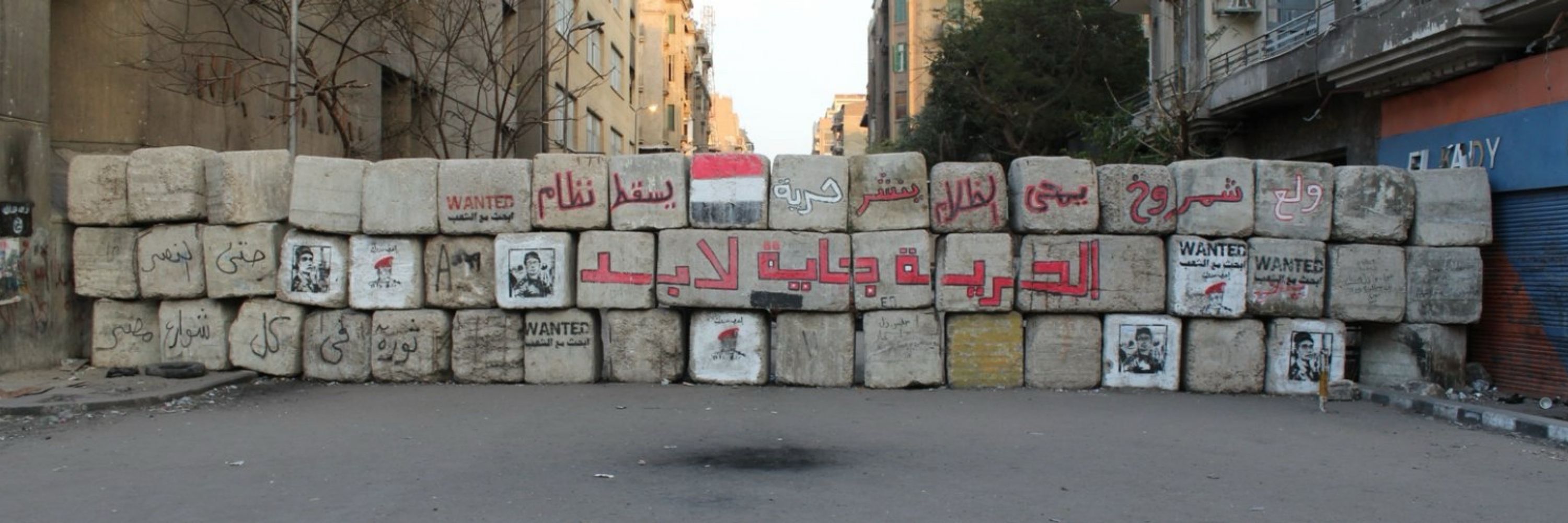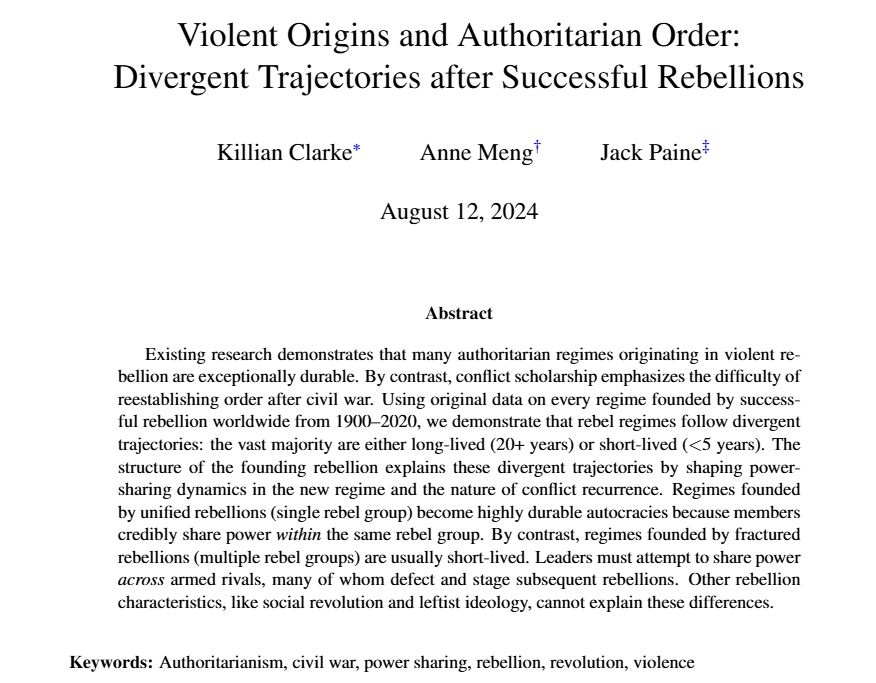Killian Clarke
@kbclarke.bsky.social
230 followers
280 following
14 posts
Scholar of revolution, protest, Middle East | Assistant Professor at Georgetown SFS |
Website: www.killianclarke.com
Posts
Media
Videos
Starter Packs
Pinned
Reposted by Killian Clarke











